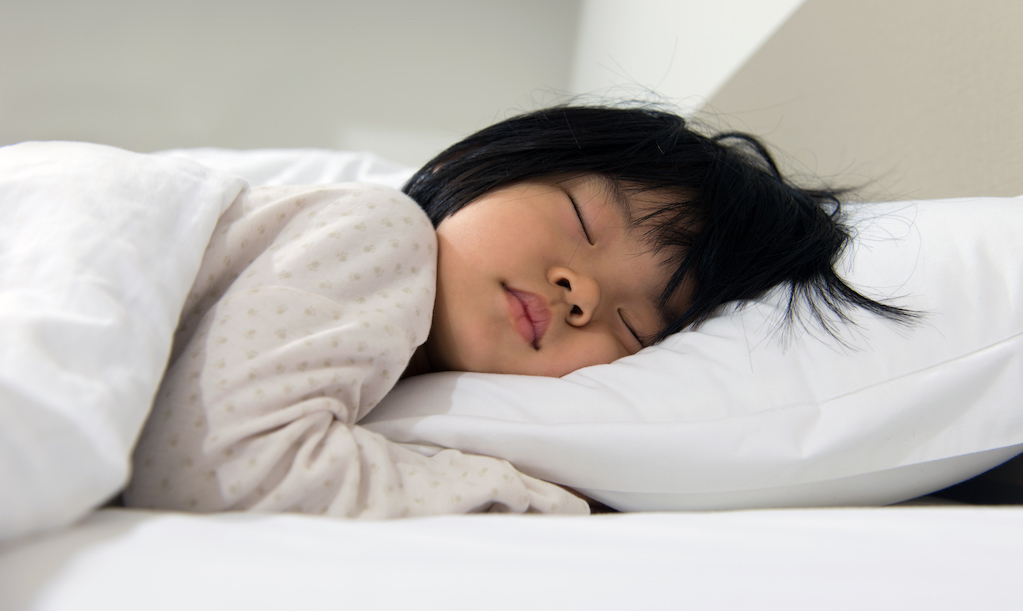Sleep tips from AboutKidsHealth
Sleep is a very important part of children and teens’ mental and physical health. Getting the right amount of sleep every night allows their mind and body to rest and recover.Children who regularly get enough sleep:
- can concentrate on tasks longer
- are better able to make positive decisions
- have more energy during the day

For more information, including sleep guidelines from the Canadian Paediatric Society and the National Sleep Foundation, see Sleep: Benefits and recommended amounts.
Sleep is a very important part of children and teens’ mental and physical health
To help children and teens achieve these recommended amounts, AboutKidsHealth has tips for parents and caregivers to help their child or teen get a better night’s sleep.
Tips for children
To ensure children get enough sleep every night, they should keep to a regular sleep schedule. A regular sleep schedule will allow them to wake up and go to bed at the same time every day, at least six days a week. When their bedtimes and wake times do vary, it should not be by more than one hour, even on weekends.
To help children fall asleep more easily at bedtime, try to create a relaxing bedtime routine to follow every night. For example, taking a bath or a shower every night can help your child to feel sleepier and more relaxed. You can also include 20–30 minutes of quiet time in your child’s sleep routine. Some quiet activities include reading a book, looking through a magazine, listening to music and journaling.
For more sleep tips for children, see Sleep tips: How to help your child get a good night’s sleep.
Tips for teens
To get enough sleep, teens should follow the above guidelines, as well as the following recommendations.
Teens should avoid coffee, tea, soda or pop, energy drinks and chocolate a few hours before bed. These substances may inhibit sleep by telling your teen’s brain to stay up even later than usual. Smoking cigarettes and drinking alcohol also interfere with sleep. If your teen feels wide awake at bedtime, they can try including a short walk, yoga, some light stretching, reading or writing in their bedtime routine to help them feel sleepier.
Sleep: A bedtime story is a video from AboutKidsHealth created to help teens prepare for sleep, but it can be helpful for people of all ages to relax their minds and get a better night’s sleep.
For more sleep recommendations for teens, see Sleep tips: How to help your teen get a good night’s sleep.
AboutKidsHealth is SickKids’ health-education website and features more than 3,500 articles on a range of paediatric health topics. For more information on sleep and other health topics, visit www.aboutkidshealth.ca.


